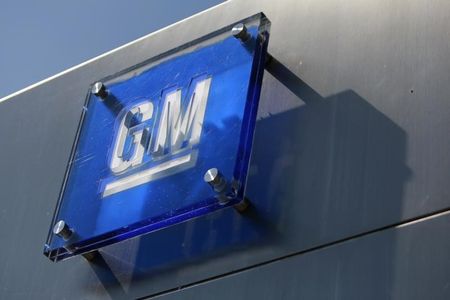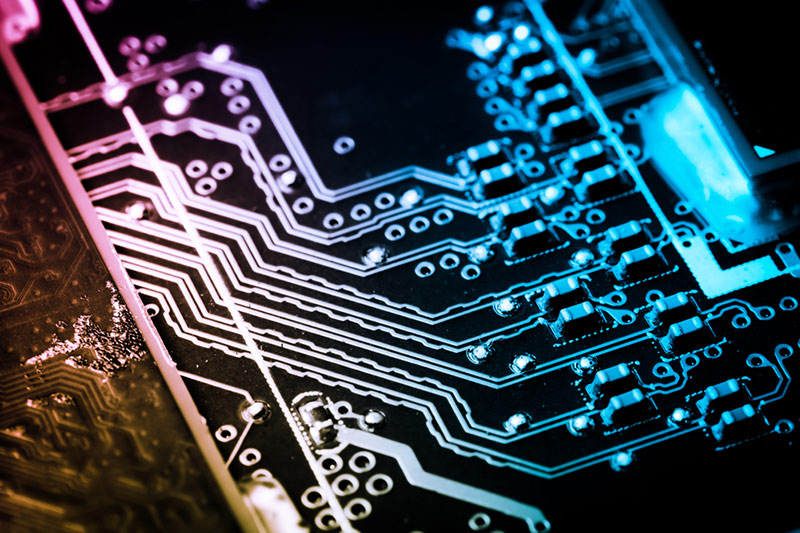By Jim Finkle and Bernie Woodall
BOSTON/DETROIT (Reuters) - General Motors Co on Tuesday named an engineer to serve as its first cybersecurity chief as the No. 1 U.S. automaker and its rivals come under increasing pressure to better secure their vehicles against hackers.
The No. 1 U.S. automaker promoted manager Jeff Massimilla to the post as part of an eight-month review of its product design and engineering, said GM Vice President of Global Product Development Mark Reuss.
"If you look at the technology…as we put semi-autonomous and autonomous systems into vehicles, we have to be able to look at this at a very very critical systems level and do it defect-free for the customer," Reuss said. "So that's the competitive advantage we're trying to really put in place for General Motors."
Vehicles rely on tiny computers to manage everything from engines and brakes to navigation, air conditioning and windshield wipers. Security experts say it is only a matter of time before malicious hackers are able to exploit software glitches and other vulnerabilities to try to harm drivers.
Security researchers in recent years have uncovered vulnerabilities in those systems that they say make cars susceptible to potentially dangerous attacks.
For example, at last year's Def Con hacking conference in Las Vegas, security researchers Charlie Miller and Chris Valasek exposed methods for attacking the Toyota Prius and Ford Escape. In August of this year they published a list of the world's "most hackable" cars.
A group of well-known hackers and security professionals in August sent an open letter to GM and other automakers asking them to implement basic guidelines to defend cars from cyber attacks.
The non-profit group, known as "I am the Calvary" has suggested that carmakers adopt a five-part cyber-safety program to make their products less susceptible to attacks by hackers.
Egil Juliussen, an analyst with IHS Automotive, said that the move reflects the increasing importance of cybersecurity to the industry.

"The long-term trend is that the auto manufacturers will have to make security part of the hardware and software architecture," he said. "It won't make it impossible to hack, but it will make it hard enough so that there is no financial gain to do the hacking."
(Reporting by Jim Finkle and Bernie Woodall; Editing by Lisa Shumaker)
